Last week, India joined Oman and Indonesia in formally objecting to a measure agreed at June’s Indian Ocean Tuna Commission (IOTC) meeting, which reduces the total allowable catch of Indian Ocean yellowfin tuna; a measure designed to protect the long-term health of the stock for all fishing nations.
Yellowfin tuna from the Indian Ocean is among the world’s most popular and globally-traded commodities; much like Sauvignon Blanc from Marlborough, or Arabica coffee beans from Brazil. But its sustainability is at risk; it is overfished – with overfishing currently occurring. At the IOTC meeting in June, scientific advice called for a catch below 403,000mt to rebuild the stock. In a pivotal move in June this year, after two abortive attempts in November and March, the IOTC reached an agreement to limit catch in 2022 to 401,011mt. Yet – several months later – three member states have now objected to the plan, forcing the sustainability of Indian Ocean yellowfin tuna back into the danger zone, and compromising the efforts made by the majority of nations willing to follow scientific advice.
The interim rebuilding plan for yellowfin tuna that was agreed at the IOTC meeting in June will come into effect on 1 January, 2022. However, objecting member states will not have to implement the conservation measure, and will instead be bound by their previous catch limits – three member states have objected so far and we calculate that they could increase the total 2022 catch by 48,140mt if their 2022 catches equal their 2019 catches – far exceeding the scientific advice. Last week, India joined Oman and Indonesia in officially notifying the IOTC of their objection, stating that ‘Fisheries is a major source of employment and food security for 4 million Indian marine fisher populations’. It is just for this reason that the scientific advice for this iconic species must be adhered to: whilst it is traded and consumed globally, local populations in nations like India will be hardest hit when their source of income and food is depleted by ongoing overfishing. It is about taking measures now, to protect livelihoods in the long term.
The Global Tuna Alliance – a group of highly influential retailers and supply chain companies striving for environmentally sustainable and socially responsible tuna – believe that objecting member states have the potential to totally derail the efforts made by the other IOTC members, if they continue to catch yellowfin tuna at their 2019 rates.
Other nations have stepped forward to collaborate and do what is right for the long-term sustainability of the stock. They have shown compromise and willingness to make tough decisions in order to follow the biological advice.
The Global Tuna Alliance’s position is clear; the rebuilding of Indian Ocean yellowfin tuna needs to be a collective responsibility. If we want to continue to trade, eat, and enjoy tuna across the globe, we all have got to do our part in protecting it.
